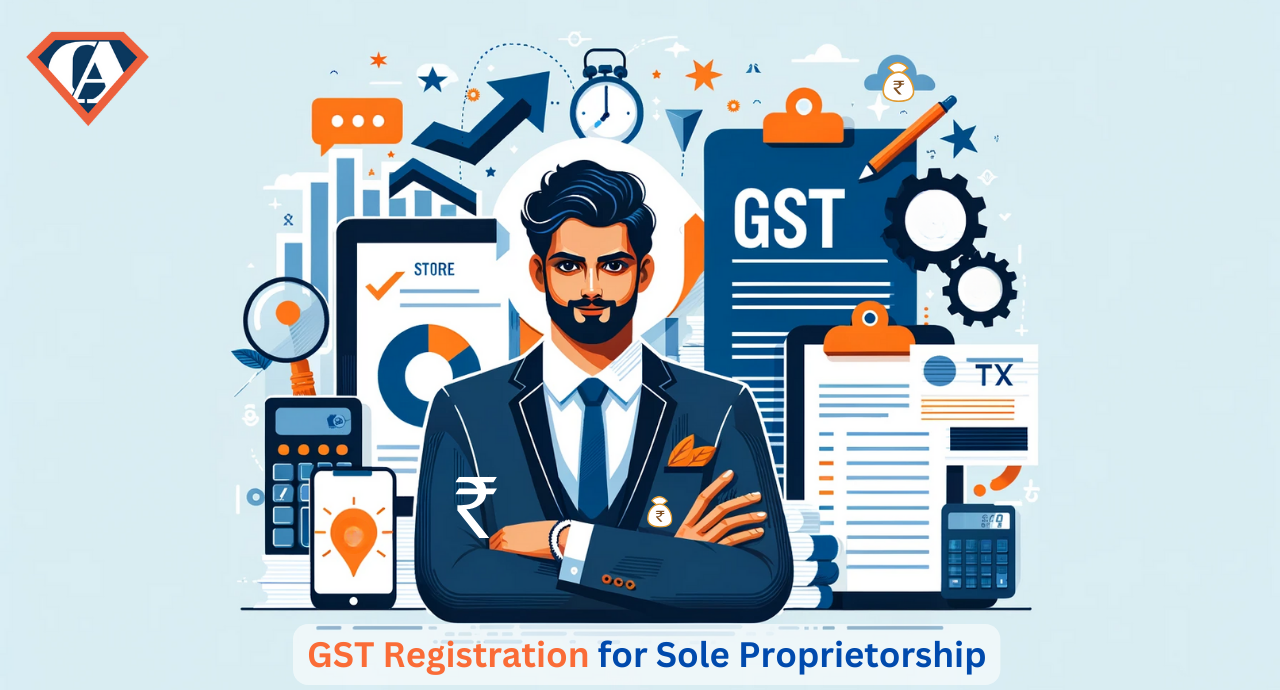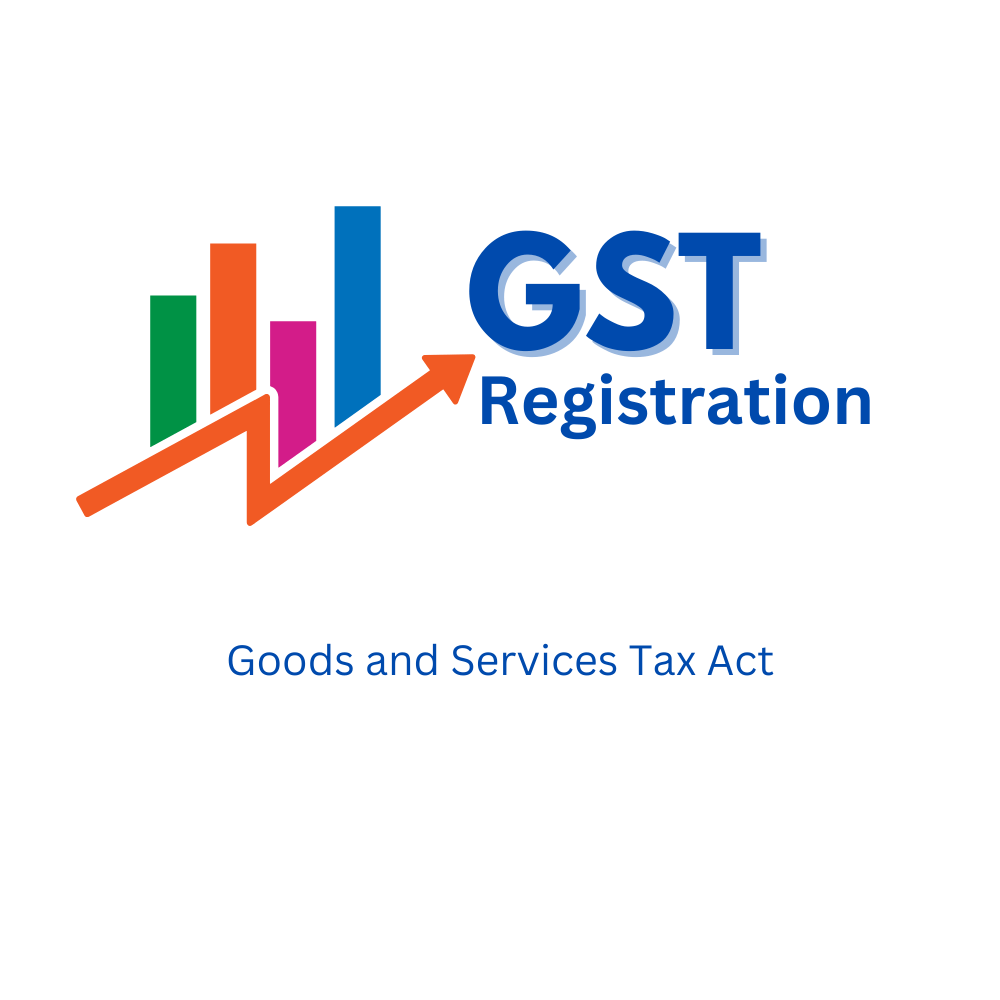Necessary Overview to Singapore GST Registration for New Organizations
Necessary Overview to Singapore GST Registration for New Organizations
Blog Article
The Ultimate Overview to Streamlining the GST Registration Process and Demands for Small Company Owners

Recognizing GST Essentials
To understand the principles of the Goods and Solutions Tax Obligation (GST) system, local business proprietors should first recognize its underlying effects and concepts. GST is a value-added tax obligation levied on the majority of items and services for residential usage. It aims to streamline the taxes process by replacing several indirect tax obligations imposed by the state and central federal governments. Under the GST regimen, companies are required to collect and sign up tax obligation in support of the government, ensuring openness and conformity.
Among the key principles of GST is input tax credit history, which enables businesses to claim debt for taxes paid on their acquisitions. This device protects against the cascading effect of tax obligations and promotes efficiency in the tax system. Furthermore, GST is a destination-based tax obligation, indicating that the tax is levied at the factor of intake instead of the point of origin. This guarantees reasonable distribution of tax income amongst states based upon where the items or services are eaten. Understanding these standard concepts is important for small organization proprietors to browse the complexities of the GST system and make certain compliance with the regulation.
Eligibility Standards for Registration
Having established a fundamental understanding of GST concepts, little company owners need to now satisfy certain eligibility criteria to continue with the enrollment process (Singapore GST Registration). Organizations that were registered under the previous tax obligation regimen (VAT, service tax obligation, etc) are likewise mandated to register under GST. Farming businesses that just provide generate out of main manufacturing are exempt from GST enrollment.
Files Required for GST Registration

Simplified Registration Refine Actions
Adhering to the collection and verification of the requisite papers, the registration process for GST can be navigated via a series of streamlined steps developed to help with efficient compliance for tiny organization owners. The initial action entails going to the GST portal and picking the 'New Enrollment' alternative. Ultimately, the candidate has to fill in Part A of the GST REG-01 form with details such as PAN, mobile number, and email address to obtain an OTP for verification. When the OTP is obtained and entered, a Momentary Reference Number (TRN) is generated for additional process. The following action calls for filling up out Component B of the form with required business information, posting sustaining documents, and finishing the confirmation procedure using DSC or visit our website EVC. Finally, upon successful verification, an Application Referral Number (ARN) is released, indicating the completion of the GST registration process. By following these simplified steps, small company proprietors can successfully sign up for GST and make certain compliance with tax obligation policies.
Tips for Ensuring Compliance
To keep regulative adherence and operational stability, persistent oversight and positive steps are essential in ensuring conformity with GST needs for small company owners. Small business proprietors should stay upgraded with GST policies, submitting target dates, and any type of changes in tax prices to prevent charges and preserve an excellent standing with tax authorities. One vital idea for compliance is to maintain accurate and thorough documents of all transactions, including expenditures, invoices, and billings associated to GST. On a regular basis reconciling financial documents with GST returns can help in identifying and rectifying any disparities quickly. Furthermore, conducting routine interior audits or looking for expert support can guarantee that the organization is adhering to all GST guidelines appropriately. It is additionally essential for local business owners to purchase GST-compliant audit software that can streamline the tax filing process and decrease mistakes. Lastly, attending GST recognition workshops or training programs can enhance understanding and compliance with GST guidelines, ultimately visit here profiting the service in the future.
Verdict
To conclude, small company owners should understand the essentials of GST, fulfill the qualification criteria, gather needed papers, and follow the simplified enrollment process steps to make certain conformity. By streamlining the GST registration procedure and needs, local business owners can stay clear of charges and operate their services smoothly within the lawful framework - Singapore GST Registration. It is important for small company owners to remain enlightened and compliant with GST laws to keep a successful service procedure
Small organization owners seeking GST enrollment need to ensure they gather and submit the necessary papers to complete the enrollment procedure effectively. The documents required for GST enrollment usually include proof of company registration or incorporation, FRYING PAN (Long-term Account Number) card of the business entity, address and identification evidence of the promoters/partners/directors, pictures, address evidence of the place of business, bank account statements or canceled cheques, and see page permission types. Attending GST understanding workshops or training programs can improve understanding and compliance with GST regulations, inevitably profiting the service in the lengthy run.
By streamlining the GST registration process and requirements, small business proprietors can prevent fines and operate their services smoothly within the lawful structure. It is critical for small business owners to stay certified and informed with GST guidelines to keep an effective company operation.
Report this page